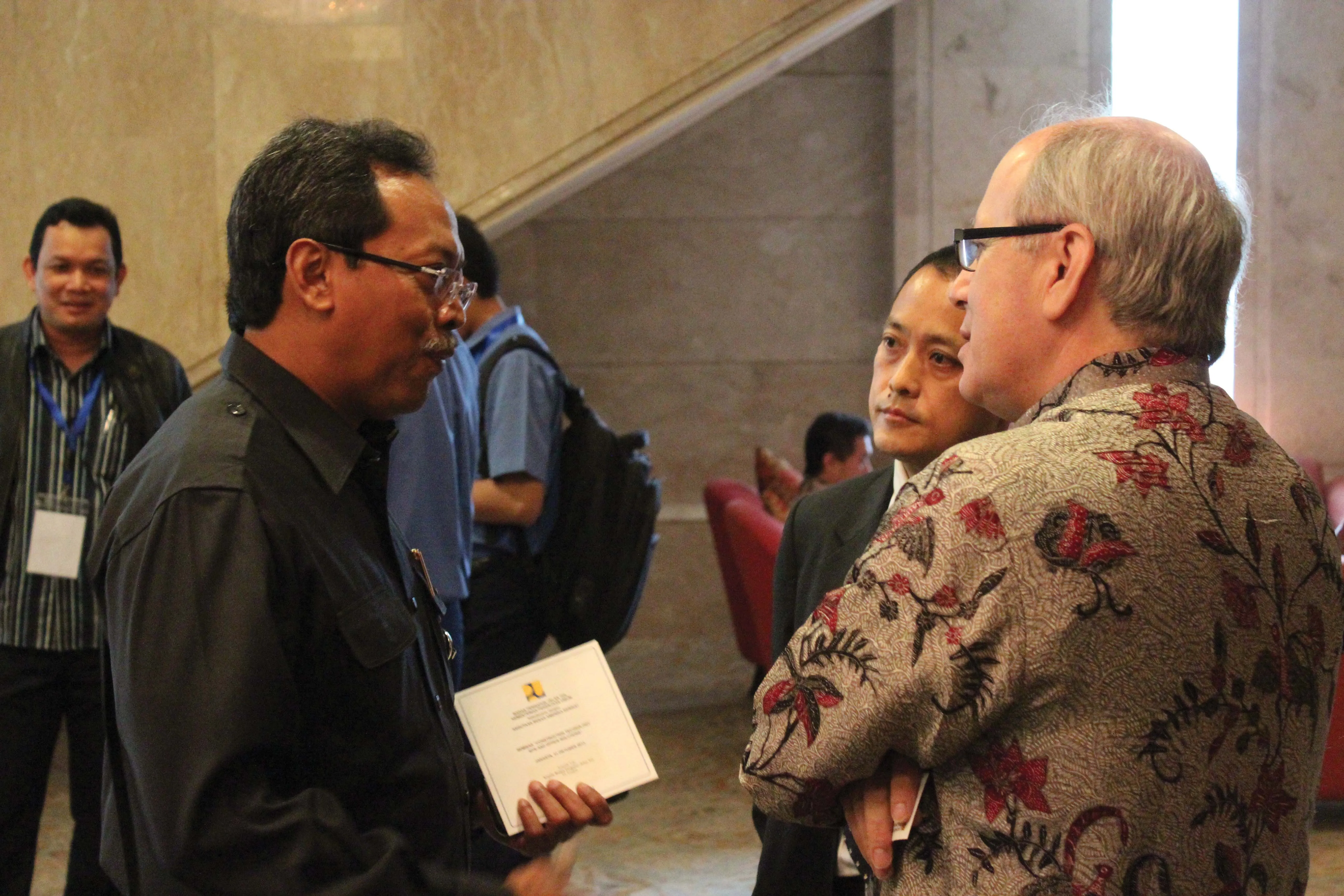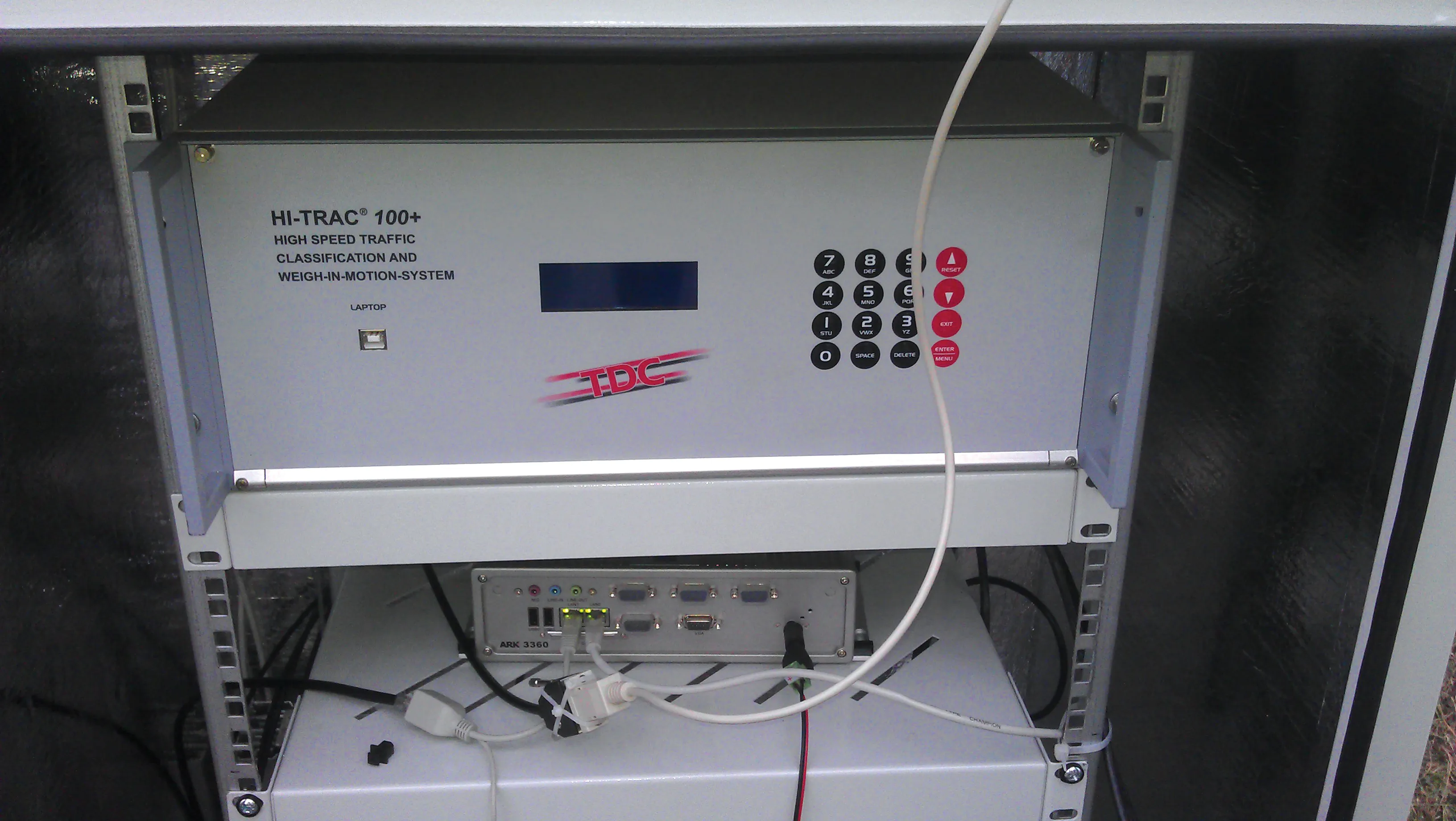The German Ministry for transport, energy and digital communication, is planning to introduce a series of new public private partnerships for large road projects. These projects are intended to cut congestion and prevent traffic jams on Germany’s roads, which can be blocked at peak periods and particularly during times of vacation. If an additional traffic lane can be made available quickly and sustainably, this will be considered a bonus. Technical or temporary impairments in quality will result in less co
January 6, 2015
Read time: 1 min
The German Ministry for transport, energy and digital communication, is planning to introduce a series of new public private partnerships for large road projects. These projects are intended to cut congestion and prevent traffic jams on Germany’s roads, which can be blocked at peak periods and particularly during times of vacation. If an additional traffic lane can be made available quickly and sustainably, this will be considered a bonus. Technical or temporary impairments in quality will result in less compensation. Investors will be more involved and projects are expected to be completed faster. The capacity of autobahn links will be improved. In addition, the German Ministry for transport, energy and digital communication plans a digital data grid for all major routes that collects vehicle data.









